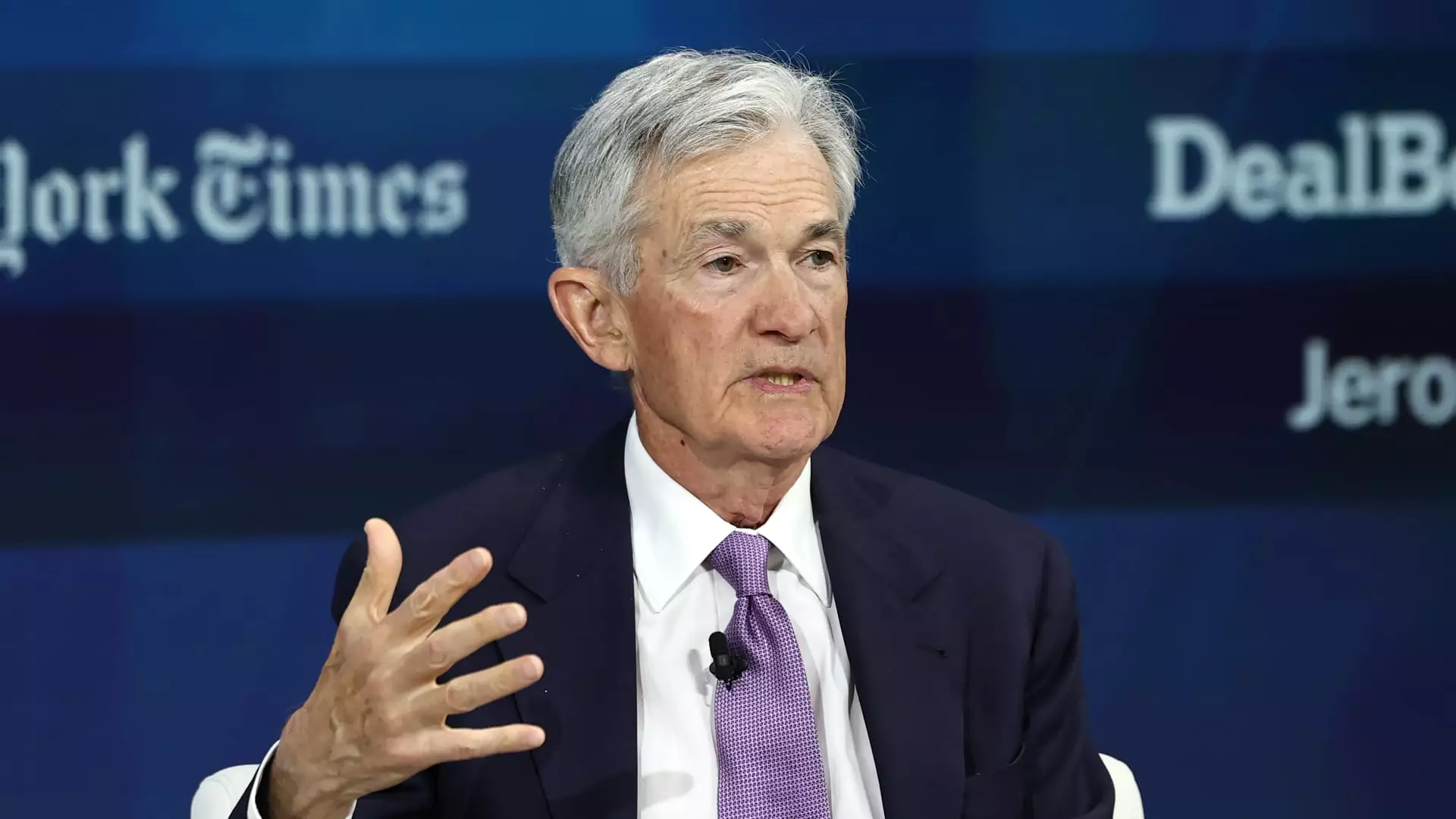In a rapidly changing political landscape, the independence of central banks, particularly the Federal Reserve, remains a crucial topic of discussion. Recently, as Federal Reserve Chair Jerome Powell addressed concerns about potential political interference under the incoming administration of President-elect Donald Trump, he reassured stakeholders about the resilience of the Fed’s independence. This article will delve into the implications of political dynamics on monetary policy, the significance of safeguarding Fed autonomy, and the challenges that lie ahead.
The intersection between politics and monetary policy has long been a contentious issue in the United States. Central banks are expected to operate free from partisan influences to ensure their policies can effectively stabilize the economy. Powell acknowledged the concerns surrounding Trump’s potential efforts to influence the Fed’s decision-making processes, particularly through legislation or by appointing a “shadow chair.” This fear arises from Trump’s previous criticisms of the Fed, where he openly questioned the central bank’s policies and decisions, especially concerning interest rates. Such direct attempts to manipulate the Fed could pose significant risks, undermining the bank’s credibility and effectiveness.
Despite these concerns, Powell maintained a confident outlook. He emphasized that the foundational legislation establishing the Fed includes mechanisms designed to protect its independence, thereby enabling the Fed to operate free from political pressure. This protection is vital to ensuring that decisions related to interest rates and inflation management are made based on economic data rather than political expediency.
A critical element in preserving the autonomy of the Federal Reserve is the support it garners from Congress. During his remarks, Powell indicated there is substantial bipartisan support in Congress for maintaining the Fed’s independence. This widespread agreement, spanning both political parties, is essential in creating an environment where monetary policy decisions can withstand the whims of political machinations. The stability of the Fed is fortified not just by its leadership but also by the legislative framework that allows it to operate devoid of immediate political repercussions.
This bipartisan consensus is crucial, particularly in a period characterized by heightened political polarization. Although individual members of Congress may have differing opinions on economic policies, the fundamental understanding of the necessity for an independent Fed appears to hold strong. The need for the central bank to focus on broader economic goals, such as maximum employment and price stability, can only be achieved through decision-making processes free from political agendas.
Turning to the economic landscape, Powell recognized the distinct position of the U.S. economy on the global stage. He described it as an “envy” of other large economies, reinforcing the idea that the Fed has the luxury to adopt a gradual approach to any future interest rate adjustments. This stance is essential, especially as market speculations suggest a high probability of a rate cut in the near term. The Fed’s cautious strategy can help mitigate risks that could arise from abrupt monetary policy shifts.
Looking ahead, Powell’s insights illuminate the Fed’s approach as it evaluates the necessity for further rate adjustments. While there may be pressures stemming from various sectors, a controlled and data-driven evaluation allows the Fed to maintain a steady course focused on economic well-being.
As the American public and market participants observe the unfolding political dynamics surrounding the Federal Reserve, it is essential to remain vigilant. The independence of the central bank is paramount for sustaining economic stability and fostering public confidence. Powell’s assertions provide a reassuring narrative that, despite potential challenges, there exists a robust framework designed to protect the Fed from political encroachments that could compromise its effectiveness. As the Fed navigates through a complex environment, the need for a steadfast commitment to its mission of economic stability becomes increasingly vital. The coming months will reveal whether these institutions can indeed withstand the tests posed by political currents, preserving the integrity and credibility of monetary policy in the United States.


Leave a Reply